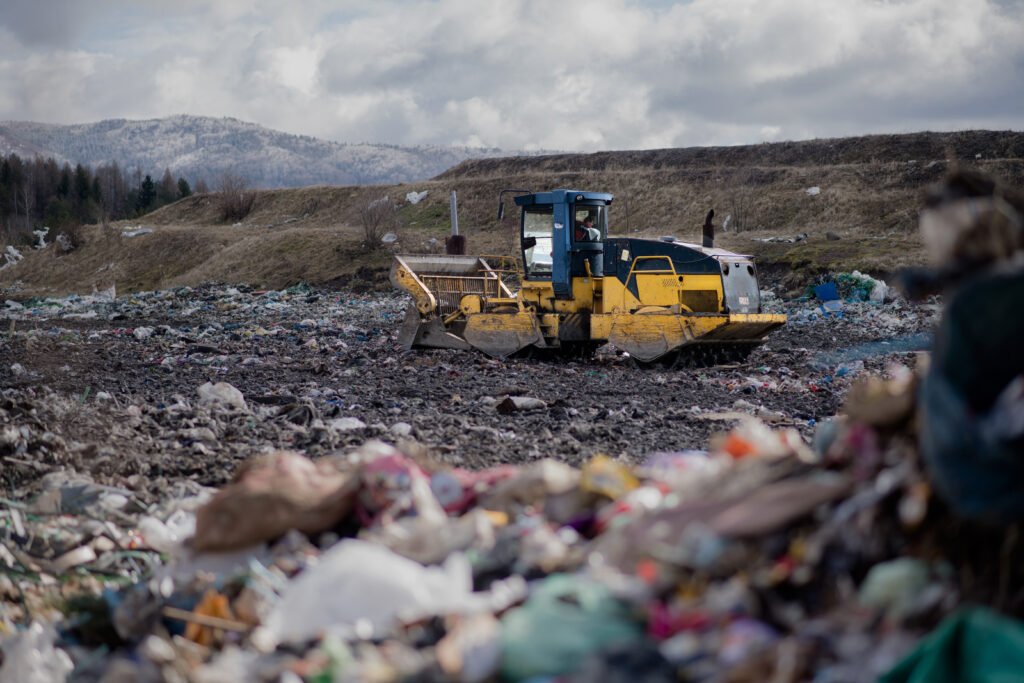Landfills are one of the most visible problems in our country. In addition to the registered areas, there are natural landfills where the situation is even worse. Burning unclassified waste at landfills causes catastrophic damage. Burning plastic bottles and polyethylene bags releases poison that pollutes our vital source, the air, which in itself has a negative impact on our health. Non-degradable waste is the biggest risk of environmental pollution. What is waste and what policies are needed to manage it? This will be the topic of today’s blog.
«Waste» — the term refers to all the items or substances that the owner perceives as unused matter and intends to dispose of it. There are several types of waste that are classified as follows: household, municipal, medical, liquid, construction, animal and specific.
The world population is growing day by day, which you will agree is an irreversible process. It is logical that the use of household / consumer minerals increases in proportion to this fact, which in itself implies more waste. The issue is acute and large-scale due to its importance, so an EU-led waste management policy has been developed, which has been successfully implemented in many countries and has become a guiding doctrine in the field of environment. The main line of the concept is waste prevention and recycling. Which has a positive effect in many ways, for example, the absorption of potential raw materials, which is of great economic and social benefit, as well as the reduction of environmental damage, which is the responsibility of each person in the civil context.

In the early days, if the disposal of waste from settlements was a satisfactory method, today the approaches have changed radically, which is motivated by the need to take care of human health and the environment. The hazard posed by waste is the negative impact that can be encountered through emissions into the ambient air, soil, surface and groundwater.
The above framework-concept is built on a hierarchical structure, which means prioritizing the action plan.
Prevention
Reuse
Recycling
Recovery
placement
Such is the modernized model that treats waste as a valuable resource and not as an unwanted burden. The EU Framework Directive obliges member states to implement waste management policies, promote recycling and introduce a systematic waste collection system, at least a classification of waste paper, metal, plastic and glass.
The problem of waste in Georgia is acute, which also affects the ecological situation. However, reforms and positive trends in this direction are observed. The Georgian Ministry of Regional Development and Infrastructure has established the Georgian Solid Waste Management Company, whose mission will be to implement international standards in practice, which will significantly reduce the impact on the environment and people as a result of waste disposal and recycling.
Editor’s blog
source: https://www.greenchoices.org/green-living/waste-recycling/environmental-impacts https://mepa.gov.ge/Ge/Files/ViewFile/45497
